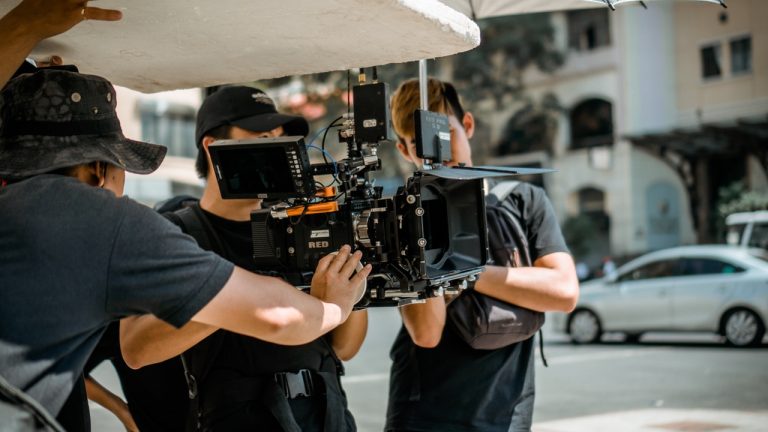Working in public galleries, historical sites, and museums, a museum education officer is responsible for providing visitors with honest, accurate, and engaging information about historical or exhibited items and facts about the site in question. The majority of museums and other institutions of such nature usually depend on public funding or money collected from entrance fees or payment that comes from selling souvenirs.
This means that museum officers may take on other roles such as administrating or even archiving. If this is a job you would like to give a try, your typical activities will include leading tours, giving lectures, and also supervising educational workshops and seminars.
Furthermore, you will be required to train and manage volunteer staff plus other junior employees. Do not get caught off-guard if you are asked to take part in public relations and promotional exercises, or overseeing storage materials, plus other learning tools. This guide will help you to become a museum education officer.

Expected Salary and Benefits
$15,000 to $20,000 per year is the base for an entry-level museum officer. Just when you become an experienced officer with minimal supervisory responsibilities, then you can receive a higher pay of about $30,000 to $35,000 per annum.
Salaries for officers with managerial roles will slightly be higher, and they are usually paid up to $45,000 per year. Note that one’s salary will also vary based on specific factors, such as geographical location, experience level, and skills acquired in your career.
Typical Working Hours of a Museum Education Officer
Your working hours will be determined by the museum’s operating hours. Consequently, you might be asked to work in the morning, evening, night shift, or over the weekend and on public holidays from time to time. You might also be asked to work only during peak hours – for instance, during the school holidays.
If you are responsible for organizing mobile exhibitions and roadshows, you might be expected to travel the breadth and length of the country in which you are working.
Setting Your Foot in the Door
To begin with, you need an undergraduate degree. You shouldn’t worry, though. The set requirements will typically depend on what kind of museum it is you intend to work with.
Generally speaking, you need a college degree in subjects such as fine art, history of art, archeology, classics, studies, anthropology, war studies, or geography.
Knowledge in areas such as historical museums and places, places of cultural significance like the Imperial War Museum, V&A, plus the Jorvik Viking Centre is an added advantage. If you want to work in a science museum, you might consider focusing on engineering or scientific degrees. Also, disciplines such as Eden projects or Natural History will help your career in a more positive way.
Note that it may also be helpful to have an internship at a museum before you go out for a paid job or opportunity.
Required Qualifications and Training
Although a degree is not a must-have to get this kind of job, it is quite unusual for applicants without degrees to be hired. Relevant degrees include museum studies, history of art, education studies, and archaeology. Your employees might ask you to work voluntarily as you gain experience. Never frown upon such opportunities. They are a gateway to landing such competitive positions.
Conclusion
If you are passionate about becoming a museum education officer and you probably would like to give this career a shot, do not hold back. Reach out to that museum in your neighborhood and ask if they have openings. You can start as a volunteer as you sharpen your skills. To learn about finding other jobs related to customer service, click here. We wish you the best of luck!
Also read – Make Money As An Art Curator












